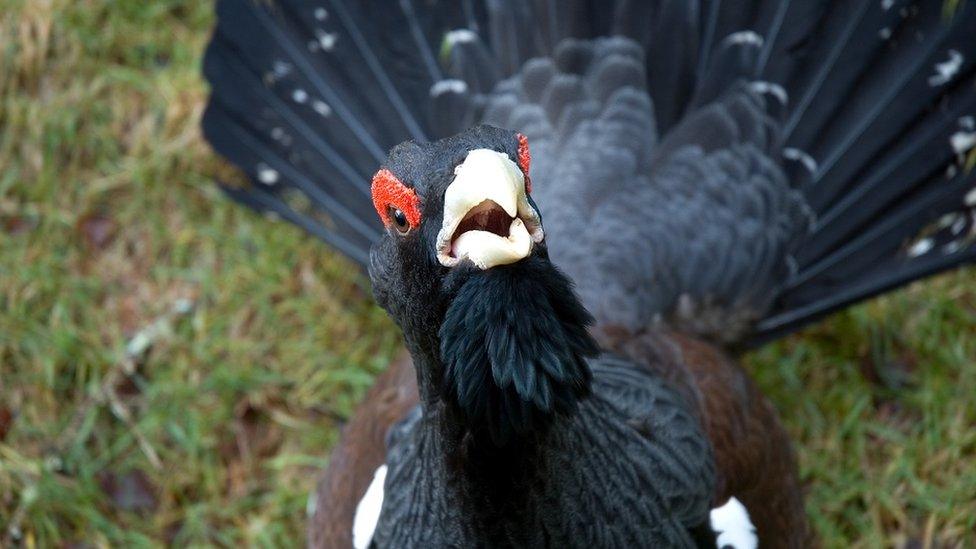Emergency plan to save capercaillie from extinction
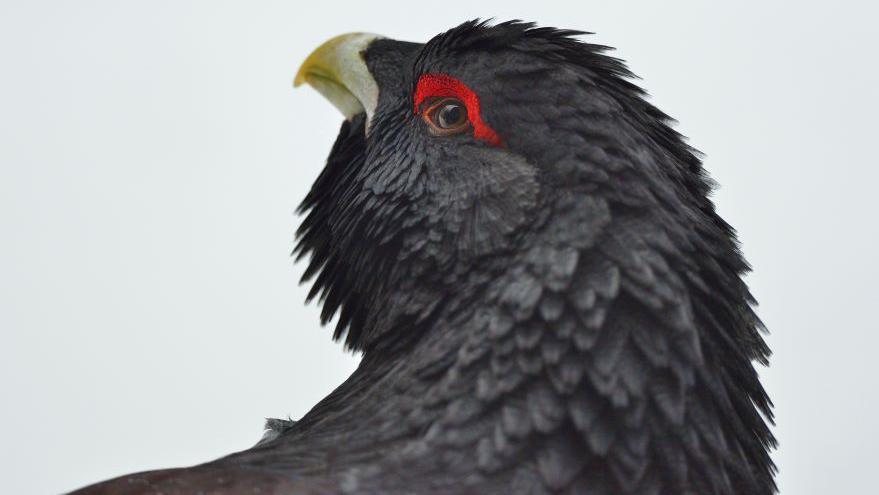
Capercaillie are large grouse
- Published
An emergency plan to save the UK's capercaillie population could lead to birds being introduced from continental Europe to help boost numbers.
There are thought to be 532 of the large grouse remaining, with all of them found in Scotland. Experts say they could be extinct within 30 years.
Cairngorms National Park Authority (CNPA) and NatureScot have launched the five-year plan.
Its aims include increasing the birds' woodland habitat and a feasibility study into the potential for "reinforcing" the population with birds from outside the UK.
Other aims include reducing the impact of predators such as pine martens and badgers by using food to divert them away from capercaillie nests.
This diversionary feeding has been trialled by University of Aberdeen researchers.
They placed deer meat near fake nests filled with chicken eggs to see if the predators could be lured away. The false nests had an 83% survival rate.
Britain's native capercaillie were extinct by the 1780s and today's population is descended from birds reintroduced from Sweden since the 19th Century.
But numbers have fallen since the 1970s.
Factors behind the decline include habitat loss, predators eating eggs, disturbance by visitors to areas where capercaillie breed and also fatal collisions with deer fences.
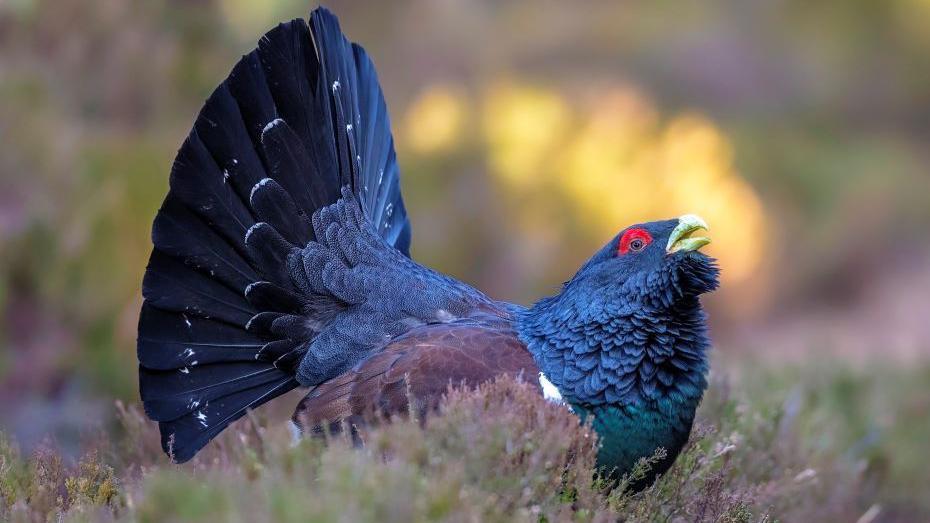
The Scottish government requested the emergency plan.
Andy Ford, of CNPA, said: "The Cairngorms National Park is home to 85% of the UK capercaillie population, so action in the national park is critical.
"Protecting capercaillie has always been a collective effort.
"Thanks to the Cairngorms Capercaillie Project more people than ever before are now actively helping the species alongside the longstanding efforts of land managers and organisations."
Eileen Stuart, NatureScot’s deputy director of nature and climate change, said capercaillie could be extinct within 30 years unless more action was taken.
She added: The emergency plan will do just that and is the result of intensive work with over 100 stakeholders who are all committed to safeguarding the future of capercaillie."
Related topics
- Published20 June 2024
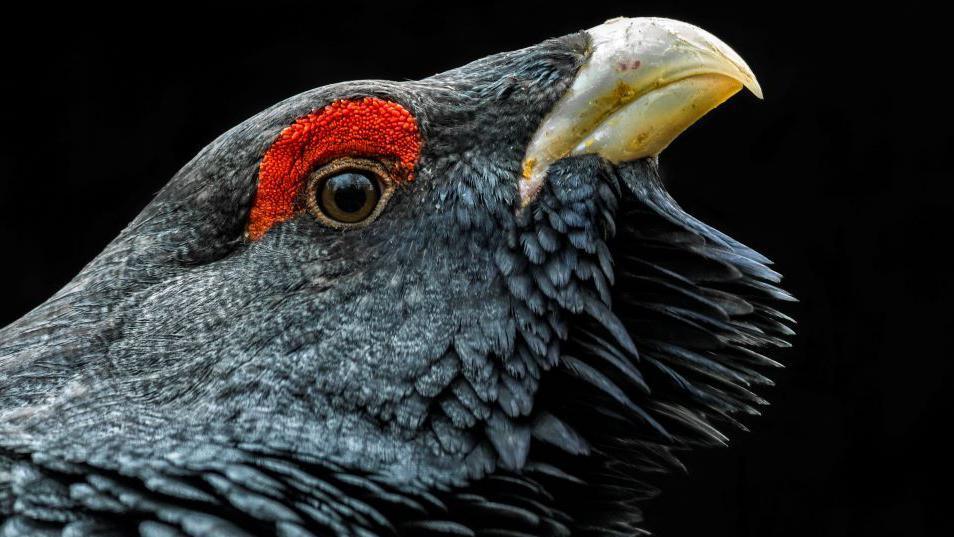
- Published25 February 2022
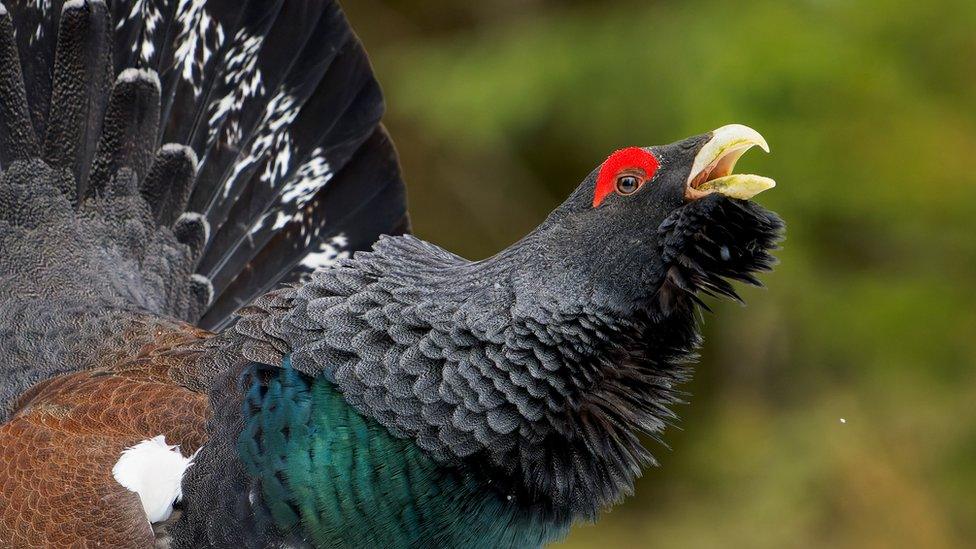
- Published22 January 2022
